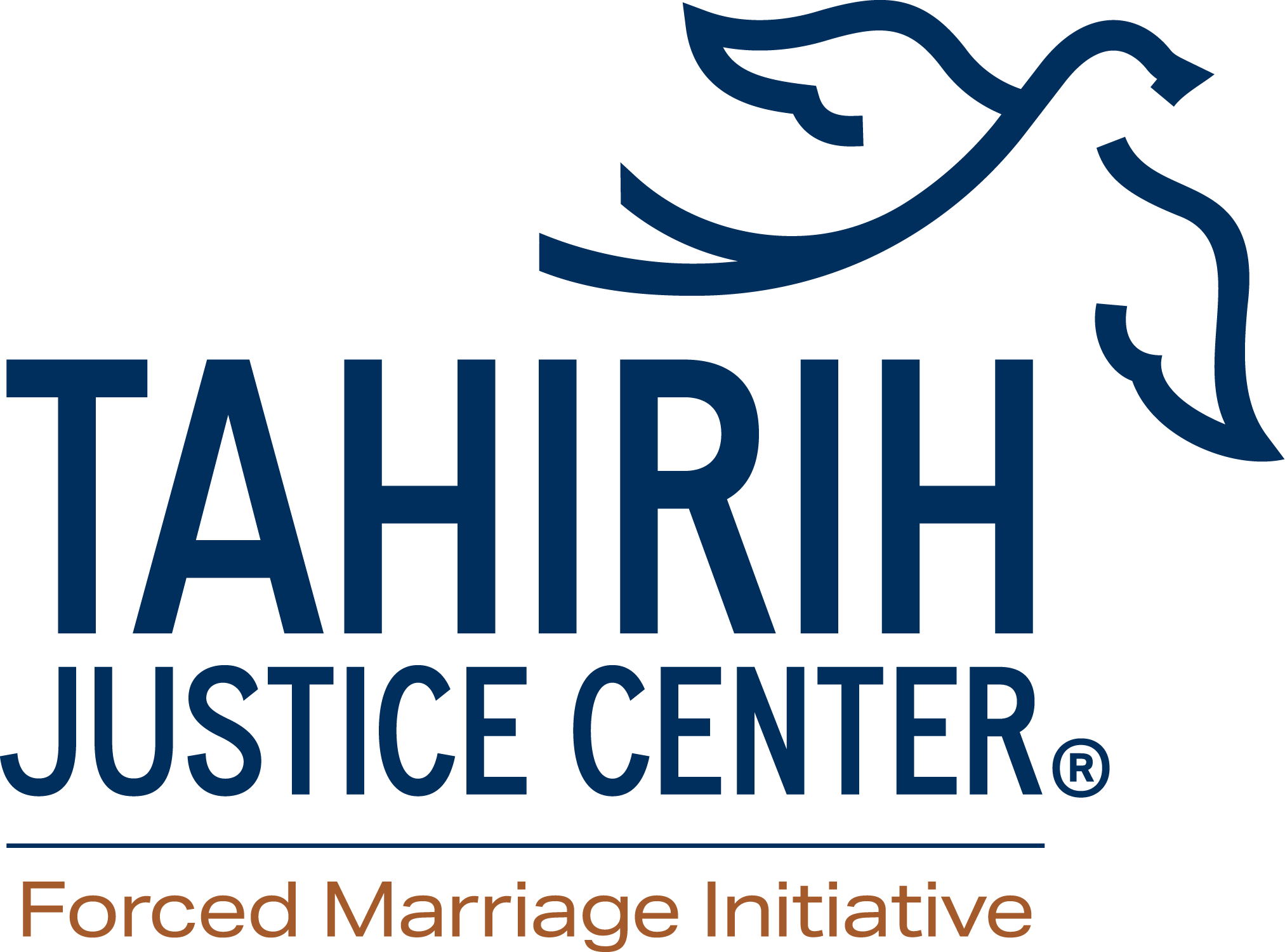Forced Marriage Overseas: Kosovo
Overview
Individuals from the United States may face hurdles if trying to avoid and/or escape forced marriages in Kosovo. Years of internal conflict has resulted in widespread poverty and other challenges in country, and violence and discrimination against women remains a serious problem.1
For further information and guidance for individuals from the U.S. that are facing or fleeing a forced marriage in Kosovo, please contact the Forced Marriage Initiative.
Marriage in Kosovo
While laws on marriage offer protections for women and girls when entering or dissolving a marriage, traditional practices can limit women’s rights. The Family Law of Kosovo governs marriage, divorce and annulment, as well as other related matters. The minimum age of marriage is 18, however, courts may allow individuals as young as 16 to wed if they are deemed physically and psychologically mature. Annulments and divorces are also available, with provisions for annulment specifically in cases of forced marriage.2 The Law on Gender Equality clearly states that forced marriages are illegal, with punishments for both those party to the marriage and those involved in facilitating the forced marriage.2 In addition, the Criminal Code provides for severe sanctions in cases of forced marriage.3
Pervasive traditional and customary practices undermine the rights of women and girls in Kosovo, and lead to situations of child and/or forced marriage. Arrange marriages are common, and reports indicate that women and girls, particularly in rural areas, often have “little say over whom they eventually marry” while “boys at least get the chance to look at a photograph of their intended bride, and say ‘no.’”5 A marriage may be viewed as concluded by the community once the groom’s family comes and takes a women to the husband’s home, even if she resists. Although marriage registration is required, such traditional marriages may not be officially registered until the birth of a child or at pregnancy.6 In rural areas, a woman not being a virgin may be allowed as grounds for divorce.7 In addition, recent reports document growing numbers of women in Kosovo who are forced by their families to marry men from Kosovo who are living and working abroad, due to the high unemployment rate in country.8
Although there is little specific data on the prevalence of child and forced marriage in Kosovo, NGO reports highlighted incidences in the Roma, Ashkali, Egyptian, and Kosovo Albanian communities,9 as well as situations where women and girls were sold or trafficked into marriage by their families.10
Potential Risks and Protections in Country
It is uncertain whether women and girls facing forced marriage situations would be able to access protections in Kosovo. Violence and discrimination against women is prevalent in throughout much of the country.11 Some reports indicate that police respond appropriately to situations of violence against women,12 while others questioned response, particularly in situations involving child marriage. One report noted:
In addition, judges may not be familiar with or enforce laws protecting women and girls, allow for cases to be delayed or postponed, and issue more lenient sentences in cases where the perpetrator and victims are in a domestic relationship.14
There are a number of state agencies and NGO’s offering services, including legal assistance, counseling and other supports, to women and girls that are victims of gender-based violence, and a network of state-run shelters throughout the country.
Special Challenges in Returning to the United States
Please check the entry and exit requirements for Kosovo for the most up to date information.
- The Tahirih Justice Center Forced Marriage Initiative
We are available to help individuals from the United States who are facing or fleeing forced marriage in Kosovo, including providing phone, text, and email support, connecting with the U.S. government and local resources, and coordinating shelter and services back in the United States.
- The U.S. State Department
The State Department is available to assist U.S. citizens that are victims of forced marriage with replacement of travel documents and return travel to the United States. For updated information and travel alerts, please visit the department’s webpage on international travel in Kosovo. - U.S. Embassy Pristina
Contact the embassy in the case of an emergency.
Tel: + 381 38 59 59 3000
Email: ConsularPristina@state.gov
REFERENCES
1 Department of State, Human Rights Report, Kosovo (2010).
2 Republic of Kosovo, Family Law Nr. 2004/32, Articles 16, 62 to 67.
3 Republic of Kosovo, Law on Gender Equality in Kosovo, Section 16, §5.
4 Republic of Kosovo, Criminal Code, Article 246.
5 United Nations Development Fund for Women, No safe place : An assessment on violence against women in Kosovo (April 1, 2000), available at http://www.peacewomen.org/portal_resources_resource.php?id=285, last visited on May 13, 2014.
6 Rainer Mattern, La signification des traditions dans le Kosovo d’aujourd’hui (November 4, 2004), available at http://www.google.fr/url?sa=t&rct=j&q=&esrc=s&frm=1&source=web&cd=1&ved=0CC4QFjAA&url=http%3A%2F%2Fwww.fluechtlingshilfe.ch%2Fpays-d-origine%2Feurope%2Fkosovo%2Fkosovo-les-traditions-dans-le-kosovo-daujourdhui%2Fat_download%2Ffile&ei=k_TgUuigEKSO7AaphoC4Cg&usg=AFQjCNGj8_U5OEXHMgaBECkerzkIDX0MYg&bvm=bv.59568121,d.bGQ
7 Department of State, Forced Marriage Information Flyer, available at http://travel.state.gov/travel/tips/safety/safety_5486.html.
8 Fisnike Rexhepi, Arranged Marriages Spell Disaster for Women, Balkan Insight (December 10, 2007); OPFRA, Mission Report in the Republic of Kosovo, 31 October – 9 November 2010 (March 2011), available at http://www.ofpra.gouv.fr/documents/Rapport_Kosovo.pdf.
9 Department of State, 2009 Human Rights Report: Kosovo, available at http://www.state.gov/j/drl/rls/hrrpt/2009/eur/136039.htm (last visited January 3, 2014).
10 Amnesty International, Protecting the human rights of women and girls trafficked for forced prostitution in Kosovo (May 5, 2004), available at http://www.peacewomen.org/assets/file/Resources/NGO/VAW_RightsTrafficKosovo_AI_2004.pdf (last visited on May 13, 2014).
11 Organization for Security and Co-operation in Europe, Mission in Kosovo, Adjudication of petitions for protection orders in domestic violence cases in Kosovo (March 2012).
12 Department of State, Human Rights Report (2013), available at http://www.state.gov/documents/organization/220506.pdf.
13 UNFPA, Kosovo (UNSC 1244) – Child Marriage (October 2012), available at http://unfpa.org/webdav/site/eeca/shared/documents/publications/KOSOVO%20-%20English.pdf.
14 The Kosova Women’s Network, At what cost? Budgeting for the implementation of the legal framework against domestic violence in Kosovo (2012).



